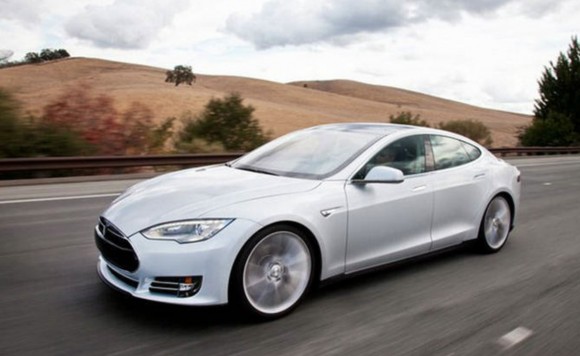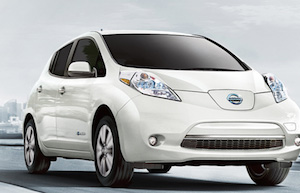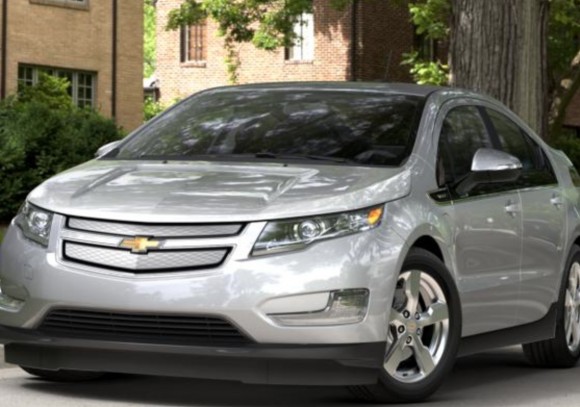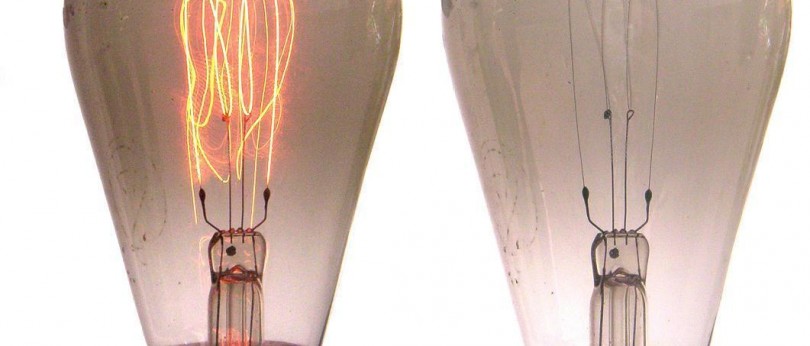aNewDomain — Electric vehicle (EV) manufacturing is a rapidly growing industry. Monster automakers like Chevy and Nissan have released the Volt and Leaf models, and the smaller Tesla has gained in popularity since its release of the Model S. And EVs are going to keep on coming. More than 20 different EVs will be released by the end of 2015, and I dare say it’s time to get one.
 There are still a few hiccups, like a lack of EV-charging stations. And, even if you do have a station, it takes a lot longer to recharge the battery than to fill up a tank of gas. But those gaps are closing, and it’s time to consider buying that electric car. Here’s a few reasons why.
There are still a few hiccups, like a lack of EV-charging stations. And, even if you do have a station, it takes a lot longer to recharge the battery than to fill up a tank of gas. But those gaps are closing, and it’s time to consider buying that electric car. Here’s a few reasons why.
The Environment
“The environment” gets thrown around a lot today, but the reality is that our planet is suffering. EVs help to cut down on a proliferation of problems, including global warming, our dependence on overseas oil and the overabundance of smog and all the respiratory issues that come with the muggy sky. Buying an electric car would help reduce all of these, which is a boon to your conscience and the world.
But, please keep in mind that whenever dealing with environmental issues there’s always an iceberg just under the tip of hope. The electricity that powers your EV might come from plants that use coal to generate electricity, which is a serious contributor to greenhouse gases. Forego this issue by charging from a solar-powered station, or solar panels on your house.
Cost Effective
Saving the environment is a good cause, and a global one, but electric cars also have huge benefits on a financial level for the individual. Gas prices are volatile, and if you forego that entire industry you’ll save a huge amount of money. A car dealer said, as he tried to get me to buy the Nissan Leaf: “The savings in gas prices will almost pay for the car’s lease.” It’s a pretty effective marketing tool, and it was true, too.
 According to the Environmental Protection Agency electric cars cost roughly $3.74 to drive 100 miles, whereas a normal gas-happy car costs roughly $13.36 for the same distance. Some quick math: an electric car owner that drives 12,000 miles per year would pay roughly $449 in electrical bills to run the car, while the more traditional owner would spend $1,603 to go that 12,000 miles. Yikes. There’s a nice cost comparison like this at Energy.gov that will make you think seriously about going electric.
According to the Environmental Protection Agency electric cars cost roughly $3.74 to drive 100 miles, whereas a normal gas-happy car costs roughly $13.36 for the same distance. Some quick math: an electric car owner that drives 12,000 miles per year would pay roughly $449 in electrical bills to run the car, while the more traditional owner would spend $1,603 to go that 12,000 miles. Yikes. There’s a nice cost comparison like this at Energy.gov that will make you think seriously about going electric.
Believe it or not, there’s more financial benefits. You can have up to $7,500 as a tax credit from the federal government for buying an EV, and many states and local governments provide incentives. You can even lease the EV and factor all those federal and state benefits into the cost. Lastly, for those in California, the EV status will let you enter the carpool lane during commute — which is a huge time saver.
More Miles Than Ever Before
 EVs have a negative reputation for not going very far — like 30 to 50 miles per charge. But that is old technology, and today many cars can go much further, up to 245 miles for some vehicles. If you take into account that most of the drives people undertake are 10 miles or less, according to the U.S. Department of Transportation, normal drives in an electric car are feasible. Plus, EV charging stations are becoming more widespread.
EVs have a negative reputation for not going very far — like 30 to 50 miles per charge. But that is old technology, and today many cars can go much further, up to 245 miles for some vehicles. If you take into account that most of the drives people undertake are 10 miles or less, according to the U.S. Department of Transportation, normal drives in an electric car are feasible. Plus, EV charging stations are becoming more widespread.
Despite all these improvements and incentives, 96,000 electric cars were sold in the U.S last year. That’s just a bit more than half a percent of the total sold — roughly 16.5 million vehicles. EVs are beginning to show up more frequently on the roads, but we’ll need a greater to push to really see change. As the technology and infrastructure progress, more people will realize they have the option to ditch their gas-powered cars and grab an electric. You should be one of the first.
For aNewDomain, I’m Chandler Harris.
Images in order: Carbon filament via Wikimedia Commons; screenshot courtesy of Tesla; screenshot courtesy of Nissan; screenshot courtesy of Chevy













